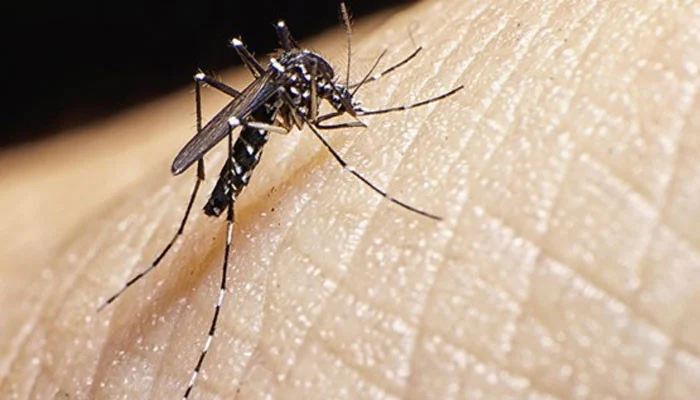
The Khyber Pakhtunkhwa Health Department has issued urgent directives to District Health Officers (DHOs) and Medical Superintendents (MS) to take immediate measures for the prevention of dengue following the monsoon season.
All DHOs and MS across the province have been instructed to ensure the implementation of preventive measures and plans to protect the public from the spread of dengue, which has become a heightened concern due to the heavy monsoon rains. The directives emphasize the importance of eliminating stagnant water pools through mechanical sweeping and covering open water containers inside homes or treating them with larvicides to prevent dengue outbreaks.
Additionally, there is a strong focus on intensifying public awareness campaigns about dengue to encourage self-prevention efforts. The guidelines also stress the importance of educating the public on recognizing dengue symptoms and seeking immediate medical attention if they appear. Health centers are instructed to be fully prepared, with a focus on case management and dengue surveillance.
Also Read: Rising Child Abuse and Violence Cases in Peshawar: 144 Incidents Reported This Year
In a conversation with TNN, Dr. Irshad Roghani, the provincial focal person for dengue control, explained that rainwater tends to accumulate in various places, creating ideal breeding grounds for dengue larvae. Since rainwater is typically clean, it easily becomes infested with dengue larvae, which then grow and become capable of spreading the virus. Regardless of the temperature, the availability of clean water poses a significant risk for dengue transmission. Due to the accumulation of water across the province after the monsoon rains, the directives were issued to all DHOs and MS.
Dr. Roghani further elaborated that ongoing efforts are in place across the province to prevent dengue, including the identification and monitoring of dengue larvae, awareness campaigns led by Lady Health Workers and health department teams, and immediate response to reported cases. Whenever the presence of larvae is confirmed, spraying is conducted in those areas.
It is noteworthy that this year, a total of 86 dengue cases have been reported so far—the lowest in recorded history. This figure includes two cases reported in the last 24 hours. Out of these 86 cases, 77 individuals have recovered, and there are currently only nine active cases, with just two patients admitted to hospitals. Importantly, there have been no fatalities due to dengue this year.